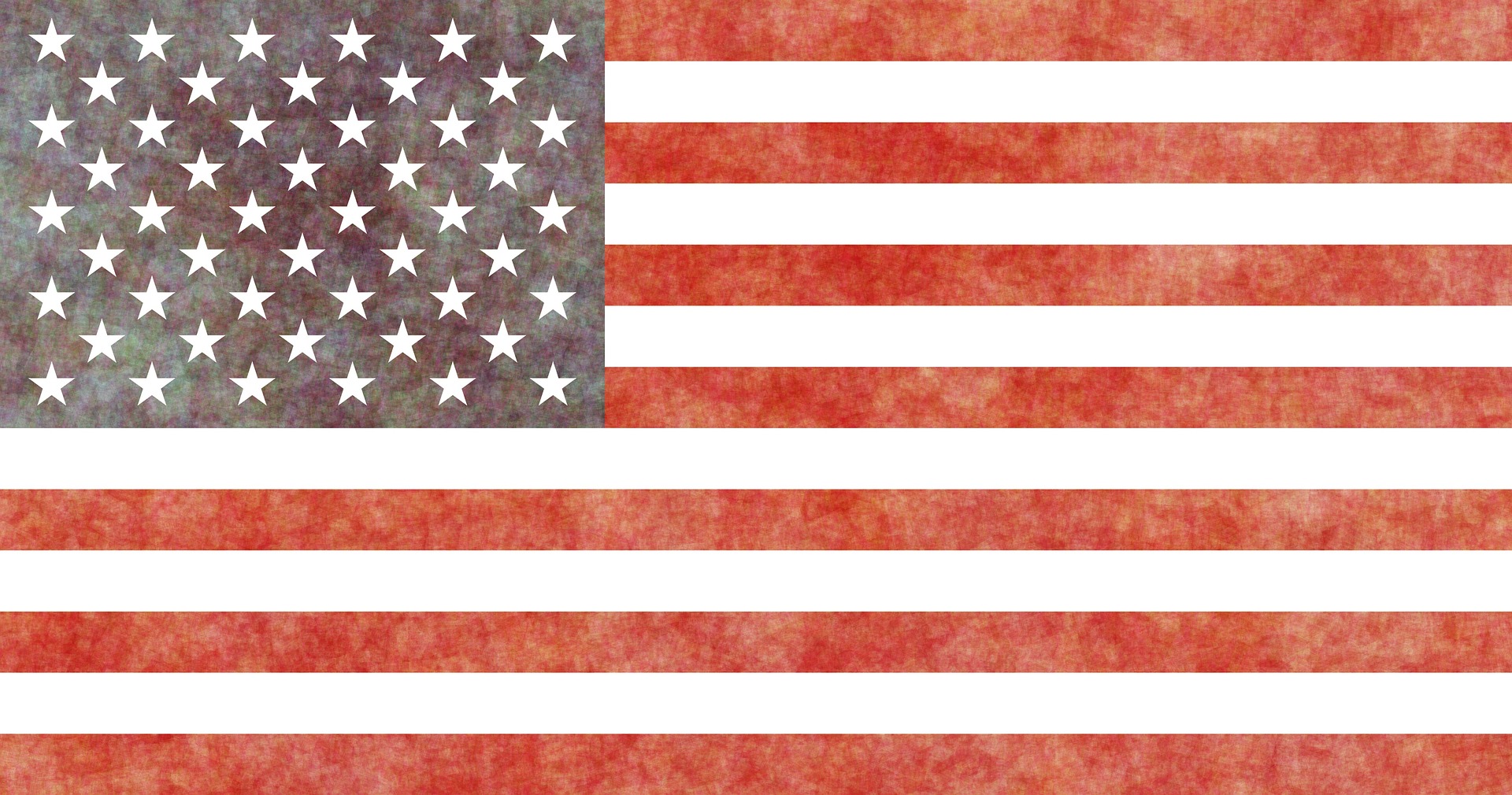Accusations of Shariah
The raging abortion debate has drawn in Muslims, in part because of the rhetoric used by those opposing the turn the country has taken in restricting abortion almost absolutely. In enacting these stringent abortion laws, many have accused right wing advocators of bringing in their own version of shariah law. The implication being that those who are quick to warn against the encroachment of shariah law in the West, are themselves imposing an oppressive legal system with regards to their stance on abortion, and the subsequent effect on women’s rights. In doing so, furthering an assumption that shariah law would also yield a strict, un-nuanced approach to abortion.
Says so much that right wingers are more upset with my (accurate) use of the term Christian sharia law to describe the Alabama abortion law than the fact that the law would require a 12 year old raped to carry the rapist’s baby to term.
—1) (@DeanObeidallah) May 16, 2019
Says so much that right wingers are more upset with my (accurate) use of the term Christian sharia law to describe the Alabama abortion law than the fact that the law would require a 12 year old raped to carry the rapist’s baby to term.
—2) (@DeanObeidallah) May 16, 2019
Georgia bans abortion after six weeks & will punish women who go out of state.
Alabama bans abortion even in the case of rape & will punish women with 99 years in jail.
And Republicans fearmonger about “Shariah Law coming to America”?
It’s obvious they’re the ones bringing it.
— Nathan H. Rubin (@NathanHRubin) May 15, 2019
Pulled into the debate
Muslims, in terms, have been quick to protest this. Reem Shaikh, writing for MuslimMatters, writes that “Even in a debate about a law that has no Muslim protagonist in the middle of it, Islam is vilified because apparently, no problem in the world can occur without Islam being dragged into it.” In fact, a number of commentators have gone on to explain how this position on shariah as a whole is, at best, uninformed. For example, Professor Abed Awad, writing in NJ.com , draws a contrast between the “literalist religious doctrine” that is rigid and does not allow for grey areas, on which these new abortion laws are based, and the approach to law in Sunni Islam, where the lack of religious hierarchy and codification of the law actually encourages different interpretation of the law, leading to a number of valid legal opinions on abortion of which Muslims can follow. Siraj Hashmi, in the Washington Examiner, points to real world examples, pointing out the differing approaches to abortion in Tunisia, Saudi Arabia and Bahrain to demonstrate the lack of a uniform rule.
Reflection on the topic within Islam
As well as having to respond to being pulled into the debate, the dramatic turn in the US has lead to articles reflecting and exploring the topic itself for the sake of its own Muslim audiences who may be looking to understand where they stand on the debate. For example, Reem Shaikh in Muslim Matters presents an article based on a research paper titled ‘The Rights of the Fetus in Islam’, in which it is argued that “real Sharia allows much more leniency in the matter” than the laws in Georgia and Alabama laws in the United States that make abortion illegal after the 6-week mark of pregnancy, while also making clear that that it is unanimously agreed that “abortion without a valid excuse after the soul has entered the fetus is prohibited entirely”, with further reflection on the positions on the different legal schools of thoughts before the fetus is considered to have a soul. The Yaqeen Institute has also published an infographic titled “Islam and the Abortion debate”, which also compares the position within Islam to that of different religions.
However, there has also been warnings against presenting a simplistic approach to the topic that may be more media friendly. Dr Abdullah bin Hamid Ali, founding director of the Lamppost Education Initiative and assistant professor of Islamic law and Prophetic Tradition at Zaytuna College in California, explains that while the Islamic approach to abortion is indeed between both extremes, that of barring abortion under all circumstances and allowing it throughout the duration, he states that “the mere existence of multiple options on a topic does not mean that each opinion has equal validity, nor does it mean that every opinion is valid for one to adopt”, with “deep ethical reflection on the implications of the opinion”. He warns that, in an attempt to promote the idea “their “religion” provides the best solution to social polarization”, Muslims involved in the debate may be presenting the opinion of a small minority of scholars in specific circumstances.
Sources
https://yaqeeninstitute.org/omar-suleiman/infographic-islam-and-the-abortion-debate/#.XRThDnt7k6j
https://muslimmatters.org/2019/05/28/a-word-on-muslim-attitudes-toward-abortion/
https://muslimmatters.org/2019/05/21/what-does-sharia-really-say-about-abortion-in-islam/






